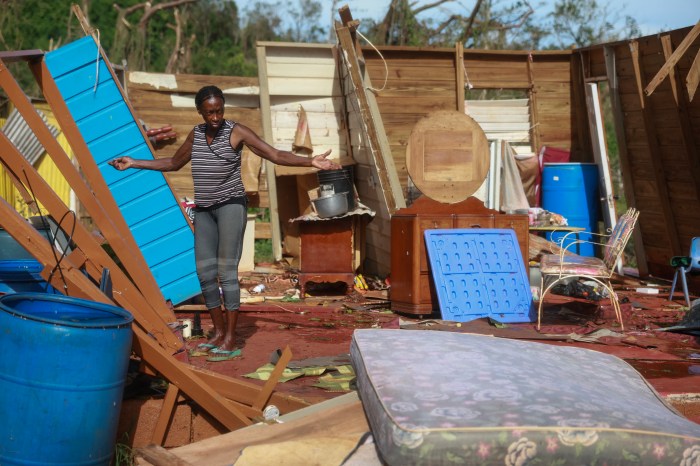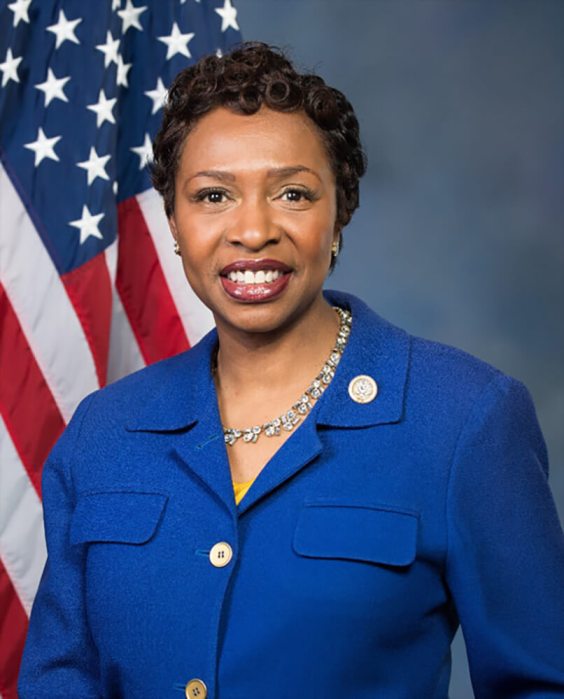KINGSTON, Jamaica (AP) — Jamaica’s government on Thursday announced a major rethinking of its marijuana laws, including plans to partially decriminalize small amounts of pot and to allow possession for religious, scientific and medical purposes.
Justice Minister Mark Golding said the Cabinet is backing a proposal to make possession of no more than 2 ounces (57 grams) of marijuana, or “ganja” as it’s known locally, a petty offense that would result in a fine but not a criminal arrest.
“I wish to stress that the proposed changes to the law are not intended to promote or give a stamp of approval to the use of ganja for recreational purposes,” Golding said. “The objective is to provide a more enlightened approach to dealing with possession of small quantities.”
Golding also announced that marijuana will be decriminalized for religious purposes — a major victory for Jamaica’s homegrown Rastafari spiritual movement. Many Rastafarians smoke marijuana as a sacrament which they say brings them closer to the divine but they have always faced the possibility of prosecution for doing so.
Government plans call for decriminalization for medicinal and scientific purposes as Jamaica hopes to cash in on the burgeoning cannabis industry. “It is not only wrong but also foolhardy to continue with a law that makes it illegal to possess ganja and its derivatives for medicinal purposes,” Golding said.
Legislation will also be drafted to provide a path for people to get criminal records expunged if they have been convicted under the current law for smoking small amounts of marijuana.
Debate has raged for decades around loosening marijuana laws in Jamaica, an island that is nearly as famous for its weed as it is for its scenic beaches and unique culture. The drug has been pervasive but outlawed for a century on the island where about 300 young men receive criminal records each week for possessing a little marijuana.
Previous efforts in Jamaica to decriminalize small amounts of marijuana have been scuttled because officials feared they would violate international treaties and bring sanctions from Washington.
But as the pot decriminalization movement gains unprecedented traction across the globe, particularly in U.S. states, there’s been a growing push to lift restrictions on a cash-strapped island where political leaders have been emboldened by changes in the U.S.
“I think it highly unlikely this will get a negative reaction from the Obama administration,” said Ethan Nadelmann, director of the nonprofit Drug Policy Alliance, a pro-legalization group based in New York.
Ruling party lawmaker Raymond Pryce, who introduced a motion to relax drug laws in the House last year, said he’s confident that the administration of Prime Minister Portia Simpson-Miller “will continue to take all appropriate and necessary steps to completely achieve a legitimate ganja sector fully reflective of the religious, cultural and medicinal opportunities which can now be pursued.”
Golding stressed that the current law prohibiting pot remains in effect until legislation to amend that law has been authorized by lawmakers. With Simpson-Miller’s party having a 2-to-1 majority in Parliament and many opposition legislators supporting relaxing the drug laws, the measures are almost certain to be authorized.






















